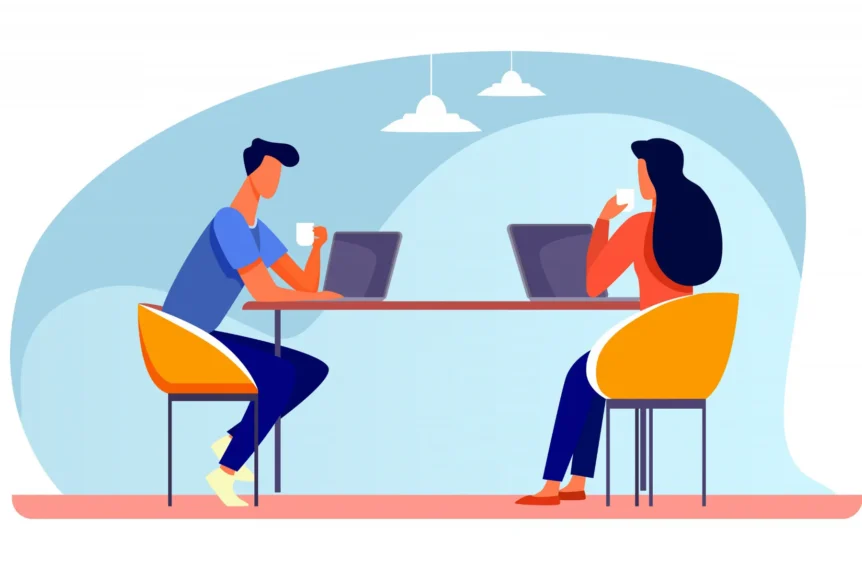Have you ever wondered what working in your dream job would be like? Do you want to speak to someone who has been there?
An informational interview can provide that opportunity. But what is an informational interview, and how do you secure one? If you organise one, how do you make the most of it?
Seek and Indeed explain what an informational interview is, the benefits of it, and how to make a good impression.
What is an informational interview?
An informational interview is an informal meeting between a person seeking to work in a particular job, field or industry and a person already in that position.
The jobseeker uses it to determine if the company aligns with their values, skills and interests. The employer can use it to see if that person would be a suitable fit for their organisation.
Why have an informational interview?
An informational interview can be particularly useful for those looking for a career change. It can provide several benefits.
Expands network
An informational interview can help expand your network of contacts.
Informal nature
An informational interview is informal, which helps put both parties at ease.
Offers interview tips
Undertaking an informational interview will help you prepare for future job interviews, without the added pressure.
Develop communication skills
An informational interview lets you watch how employers respond to what you say.
Supplies inside information
An informational interview can provide information about the role that is not easily found online.
Before you start
Before approaching anyone, research the companies you would like to work for and try and work out their goals.
How to organise an informational interview
Start by asking friends, family, and colleagues if they know anyone who works in your desired position.
Alternatively, you could attend industry events or seminars, or reach out to people via networking sites.
Let the person know what information you seek and how long the interview will take.
Once you have secured the interview
Even though it is not a job interview, you must act professionally. Prepare a list of questions you want to ask.
When you are at the interview
Give a 30-second elevator pitch of your skills, experience and interest.
Importantly, state that you are just seeking information, not a job offer.
Ask if there is anyone else at the company you could meet with.
Here are some questions you could ask:
What do you like most and least about your job?
What are your daily responsibilities?
What skills and personality traits are most important for this role?
Did anything surprise you when you started this role?
Do you have any advice for someone wanting to work in this field?
What do you look for in a resume and cover letter?
How can I improve my resume and cover letter?
What type of hours do you work?
After the interview
Send an email thanking the person for taking the time to meet with them.
How to make a good impression
Be friendly and professional
Always be polite and courteous. Don’t talk negatively about former employers.
Listen Actively
Listen carefully to what the employer has to say and any advice or feedback they may have. If unsure, ask questions to clarify.
Dress Appropriately
Even though the meeting might be informal, don’t dress too casually. You should aim to dress similarly to how you would if you were going to work at the organisation you hope to work for. For example, it may be appropriate to wear a suit to an informational interview with a representative from a law firm.
Offer to pay
If your interview occurred at a venue such as a café, offer to pay for food and drinks. If the employer pays, make sure to say thank you.
Public Service Resumes offer various services to help you craft your own authentic image. These include resume writing and our LinkedIn profile writing service.










